The construction of the Canadian Pacific Railway over 140 years ago remains Canada’s pre-eminent engineering feat, suggested panellists assembled by the Association of Consulting Engineering Companies – Canada for a 100th-anniversary webinar this week.
The association invited four leading executives to highlight a century of Canadian engineering achievements and identify future challenges and opportunities for the profession. ACEC president and CEO John Gamble pointed out the anniversary webinar was held on the exact date, May 26, 100 years after the association received its articles of incorporation.
“It is a fortuitous time for us,” said Gamble. “In this past year, we’ve seen a real awakening of people connecting the dots between our infrastructure and the things our members do, and the sustainability and the strength and stability of our economy.”
Other birthday-year events include the launch of the inaugural National Consulting Engineering Day, the creation of special anniversary features on the ACEC’s website, and centennial celebrations the week of Oct. 22 in Ottawa that will include the ACEC’s annual conference, an anniversary dinner, the ACEC awards and the annual Hill Day advocacy campaign.
The webinar featured WSP Canada president Marie-Claude Dumas, CBCL CEO John Flewelling, Stantec CEO Gord Johnston and Jennifer Price, CEO of McElhanney.
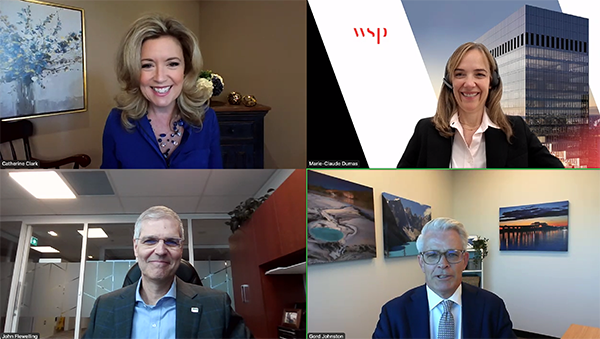
“It’s an opportunity to pause and really reflect on the things over the past 100 years,” said Gamble.
“But we also want to cast the light forward. What do we see the future look like? What is the potential value proposition? And maybe just a little blue-skying. Where do we see the opportunities for the industry?”
Asked by moderator Catherine Clark for one Canadian engineering achievement that stands out among all others, Flewelling did not hesitate.
“The first one would be the construction of the railway,” he said. “The project showcased the ingenuity, determination and grit of Canadian engineers, and they played a pivotal role in uniting the country and creating economic growth and fostering this national unity.”
Johnston added, “They would ride to the top of a mountain on a horse and figure out, ‘yeah, let’s put the railroad down in this area’ — the ingenuity of those people is unbelievable.”
Over the past century, Flewelling said, the scope of an engineer’s contribution to a project has expanded significantly.
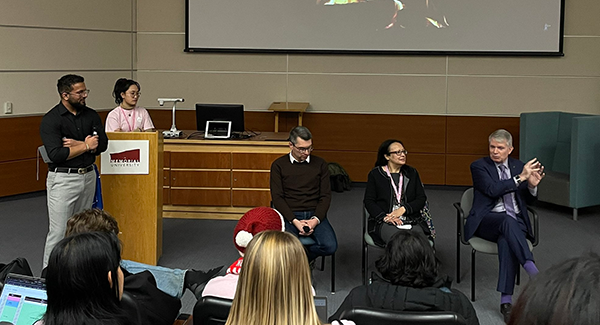
Technical excellence, public safety and project delivery will always remain foundational, he said, but today, “This focus on sustainability, infrastructure, resiliency, to adapt for climate change, social responsibility and ethical considerations, they’re all being added on and are so important to a project’s success.”
Price said given the current political climate in the United States, with President Donald Trump forcefully clamping down on DEI, there’s an opportunity for Canadian firms to distinguish themselves.
“From my experience, being a female in this industry, I think what we really need is that leadership that truly values diversity and inclusion,” she said. “I think what we’ll see in the U.S., even in our industry, is…companies are going to start to separate.
“We could see a brain drain from the U.S. into Canada.”
Dumas added, “We always speak about innovation as engineers, right? You need people thinking differently. You need people from different backgrounds. So it’s not just because it’s the right thing to do. If we want to lead and we want to win, we need diversified teams.”
Price said a culture that values ESG will ensure its workforce develops the different skill sets required and will seek advantageous relationships with other professionals. An inclusive culture and innovation “really go hand in hand,” she said.
The future looks bright, Flewelling said, with Canada’s engineering industry stronger than ever and the country’s need for new and renewed infrastructure set to “catapult” growth.
“Sustainable infrastructure design and renewal, I think, will be at the forefront as climate change and urban growth demand this resilient infrastructure,” he said. “There’s going to be a focus on safe, clean drinking water, security and management…There will be, obviously, a strong focus on renewable energy, storm and disaster response and preparedness.”
The ACEC has played a major role in bringing engineers together to discuss better ways to collaborate and take care of the best interests of the industry, said Dumas. As the ACEC enters its second century, Johnston urged ACEC members to “get out of your comfort zone” by jumping into collaborative conversations.
“Just do it,” said Johnston.


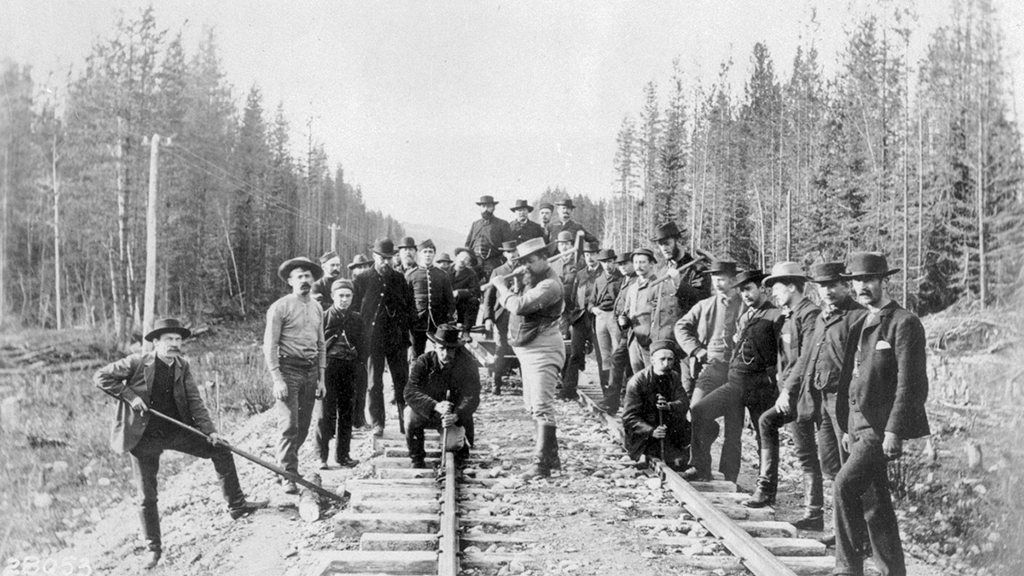

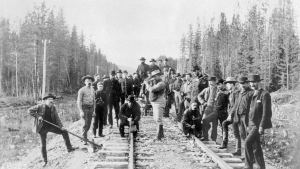
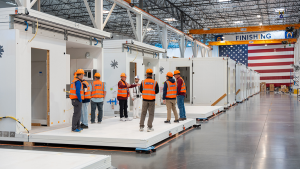

Recent Comments